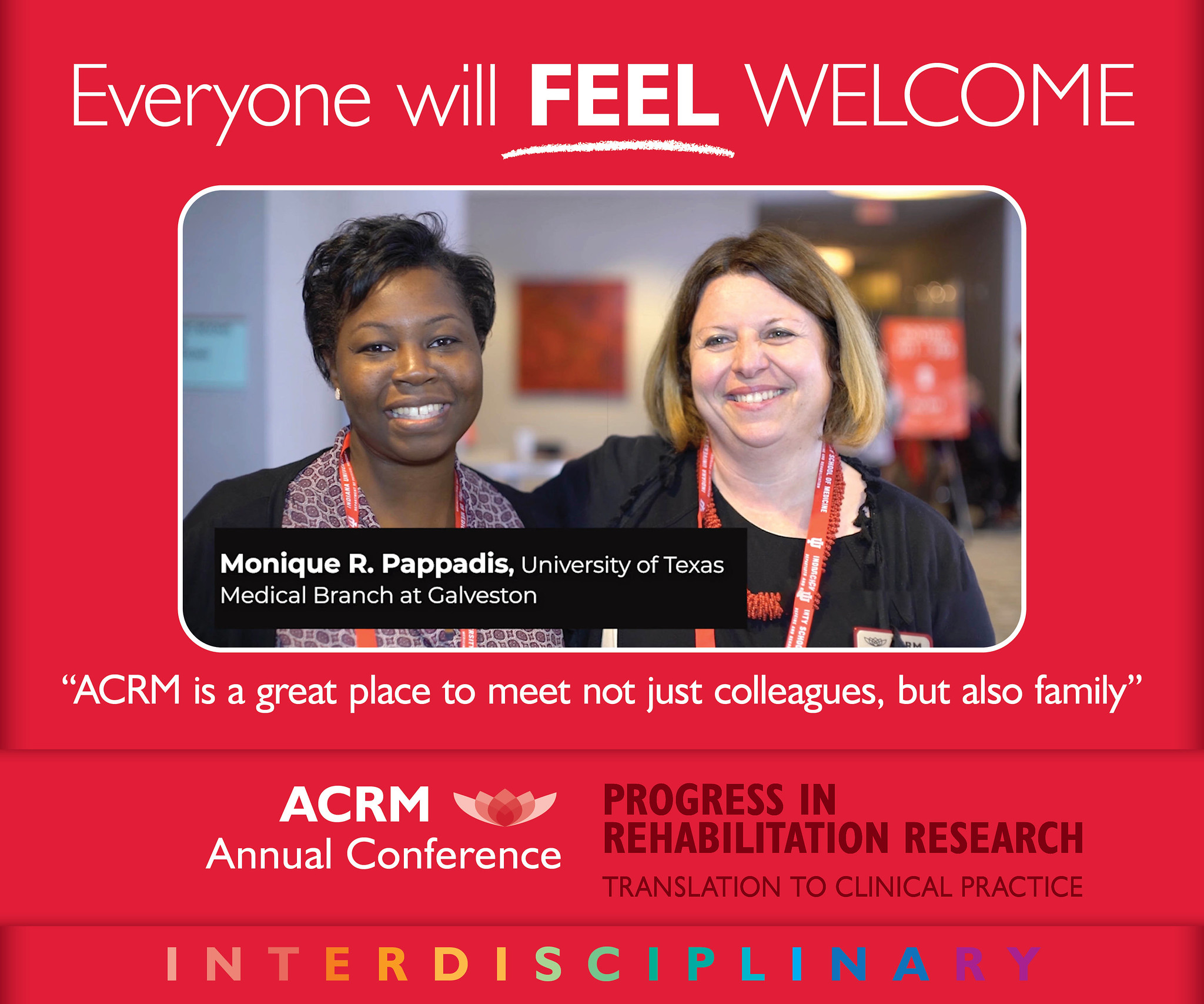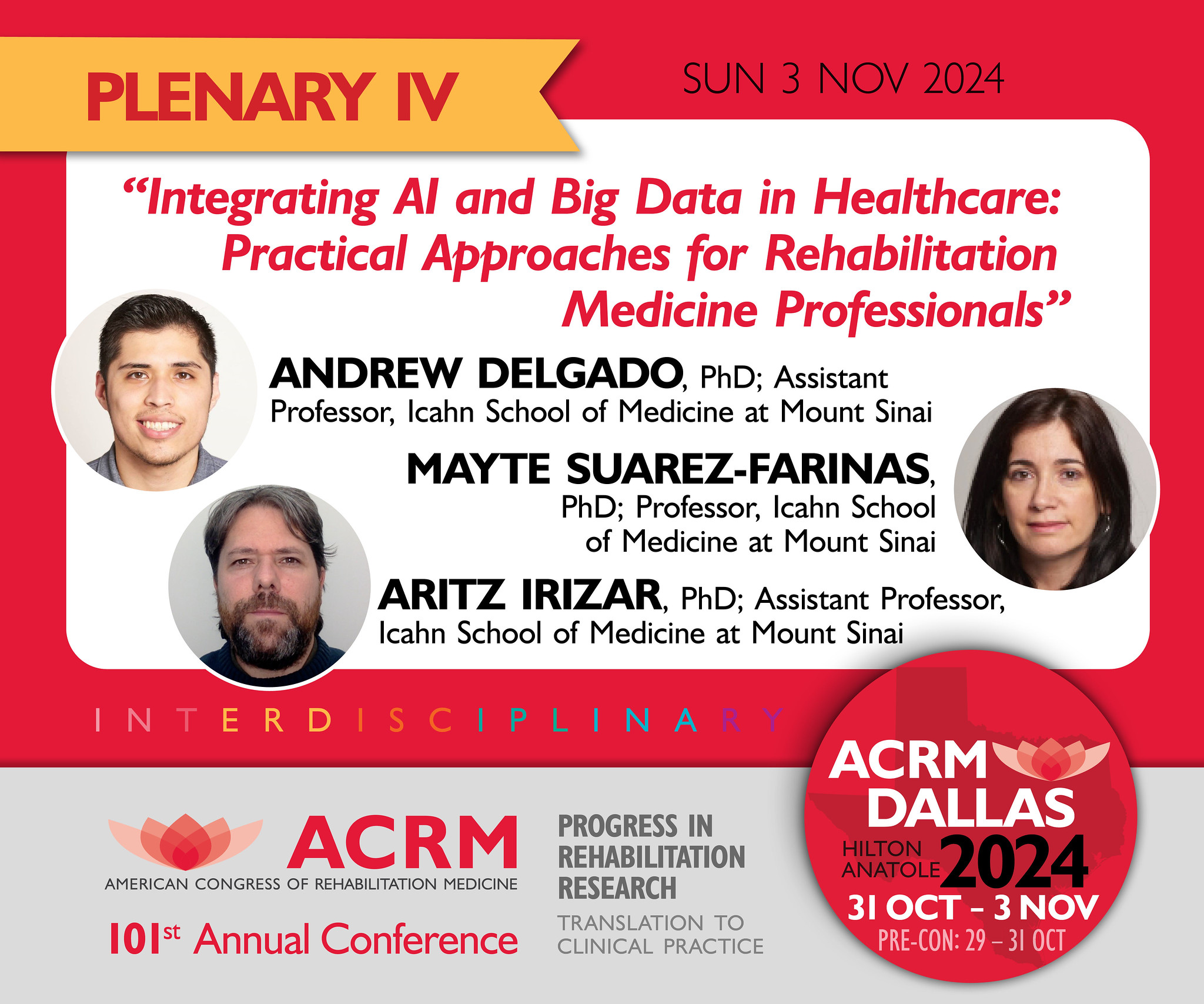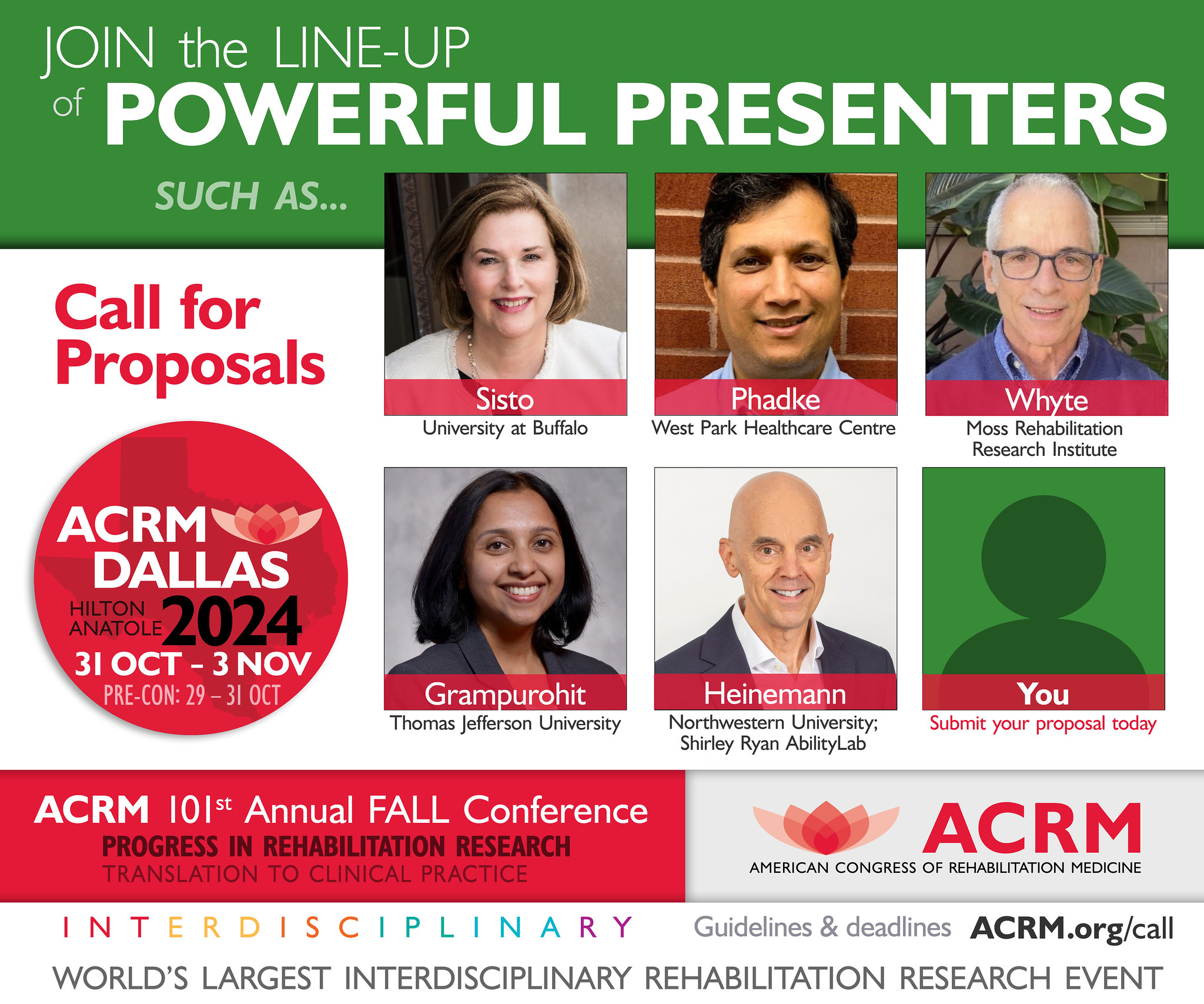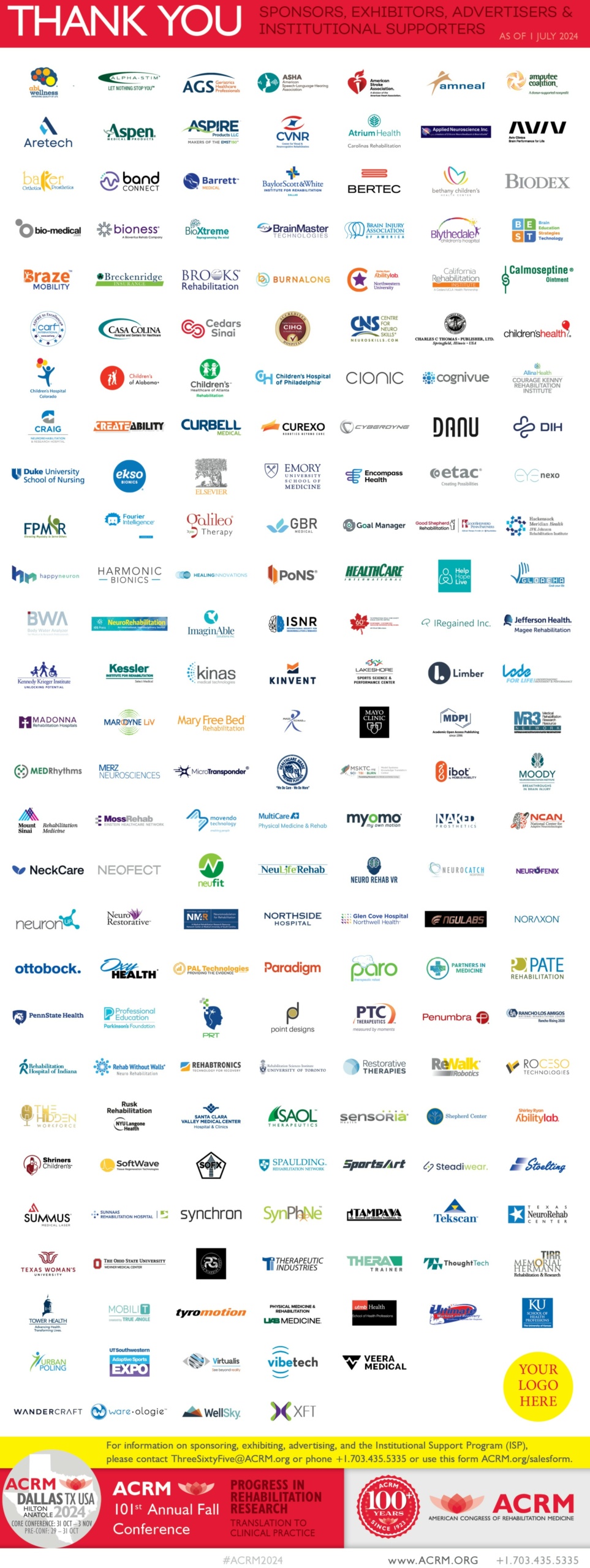Tech Talk Webinar Series
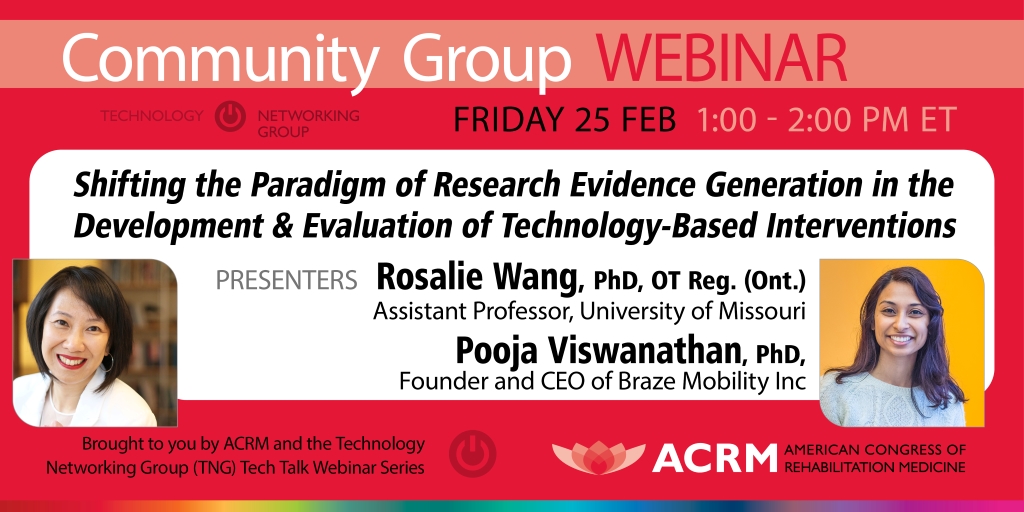
25 FEB // 1:00 – 2:00 PM ET
Tech Talk Presents: Shifting the paradigm of research evidence generation in the development and evaluation of technology-based interventions
With guest speakers, Rosalie Wang, PhD, OT Reg (Ont) and Pooja Viswanathan, PhD
This presentation will be of interest to anyone working as a researcher, clinician, or technology developer in academia, health care settings, or industry and involved in the development, evaluation, and implementation of technology-based interventions in disability and rehabilitation.
Dominant approaches applied to generate evidence in disability and rehabilitation are generally established within evidence-based practice that emphasize use of randomized controlled trials as criterion standard and clinical trials practices developed primarily for pharmaceutical research. These approaches are often inappropriate, unfeasible, and too slow to accommodate the realities of development and evaluation of technology-based interventions in disability and rehabilitation, and may ultimately limit the potential of technology-based interventions to benefit their intended users and society.
This webinar will present a different approach—Framework for Accelerated and Systematic Technology-based intervention development and Evaluation Research (FASTER) that intends to be more meaningful, timely, and practical for researchers, clinicians, and technology developers who develop and evaluate interventions. Dr. Wang and Dr. Viswanathan will describe the iterative three-phased approach and guiding principles of FASTER. A case example will also be presented where aspects and principles of FASTER have been incorporated to illustrate its potential.
LEARNING OBJECTIVES
Upon completion of the webinar, participants will be able to:
- Discuss the importance of evidence-based practice and why aspects of these approaches for generating “high quality” research evidence are inappropriate for the development and evaluation of technology-based interventions.
- Describe the Framework for Accelerated and Systematic Technology-based intervention Evaluation Research (FASTER) and its guiding principles as an alternative approach for generating evidence.
- Discuss example applications of FASTER aspects and principles within a project.
ABOUT THE PRESENTERS
 Dr. Rosalie Wang is an Assistant Professor in the Department of Occupational Science and Occupational Therapy, University of Toronto. She is an affiliated member of the University of Toronto Robotics Institute and a faculty fellow at the Schwartz Reisman Institute for Technology and Society. She is an Affiliate Scientist at KITE – Toronto Rehabilitation Institute – University Health Network and a member of their AI and Robotics in Rehabilitation Research Team.
Dr. Rosalie Wang is an Assistant Professor in the Department of Occupational Science and Occupational Therapy, University of Toronto. She is an affiliated member of the University of Toronto Robotics Institute and a faculty fellow at the Schwartz Reisman Institute for Technology and Society. She is an Affiliate Scientist at KITE – Toronto Rehabilitation Institute – University Health Network and a member of their AI and Robotics in Rehabilitation Research Team.
Dr. Wang’s research focuses on developing and implementing technology to enable daily activity participation and social inclusion of seniors. She is leading research in robotics for post-stroke rehabilitation and on the use of information and communication technologies by seniors with cognitive impairments. As an AGE-WELL investigator she co-led a national project on enhancing equitable access to assistive technologies. Her research applies mixed methods and user-centred design approaches.
 Dr. Pooja Viswanathan has a passion for improving accessibility and independence for people with physical disabilities. She has completed doctoral and post-doctoral research in robotics and assistive technologies and has been working with “smart” wheelchair technology for over a decade, publishing several peer-reviewed publications and book chapters. She has also led international workshops, collaborating with researchers and clinicians in seating and mobility around the world.
Dr. Pooja Viswanathan has a passion for improving accessibility and independence for people with physical disabilities. She has completed doctoral and post-doctoral research in robotics and assistive technologies and has been working with “smart” wheelchair technology for over a decade, publishing several peer-reviewed publications and book chapters. She has also led international workshops, collaborating with researchers and clinicians in seating and mobility around the world.
She is currently founder and CEO of Braze Mobility, a company that commercialized the world’s first blind spot sensors for wheelchairs. She is also driving new and important conversations in the industry around diversity and inclusion, as well as the role of academic research and clinical evidence in the development of complex rehab technology. She currently acts as a consultant for knowledge translation and commercialization of academic research, and is a published author of 3 book chapters and a peer-reviewed journal article on the topic.



